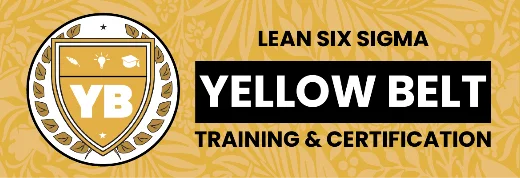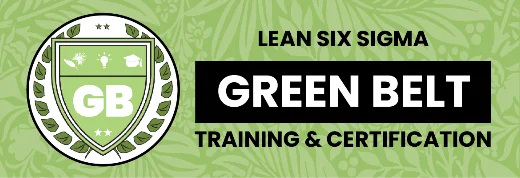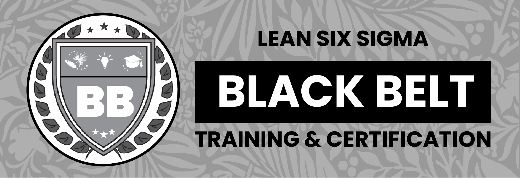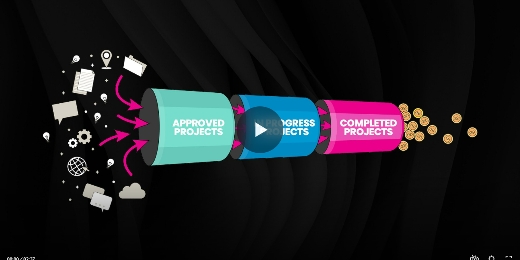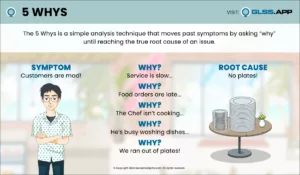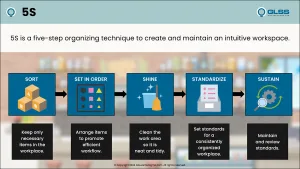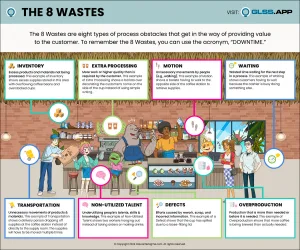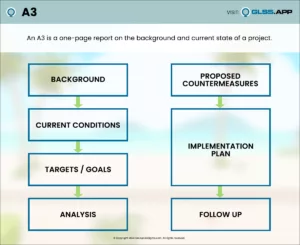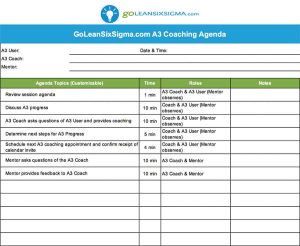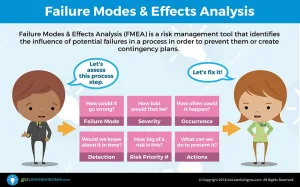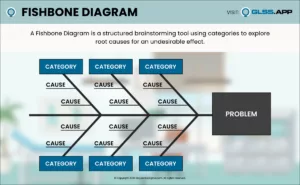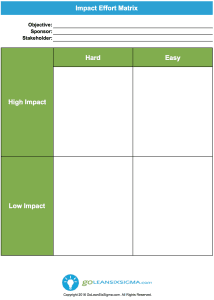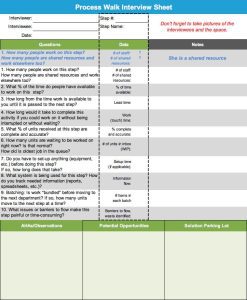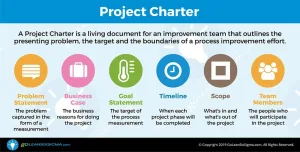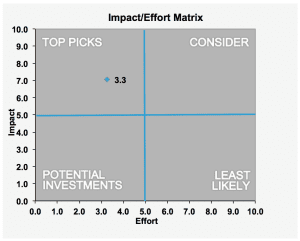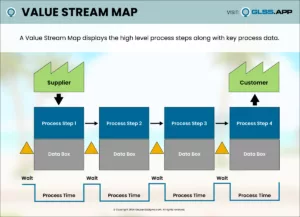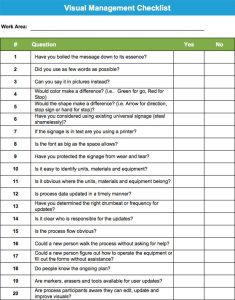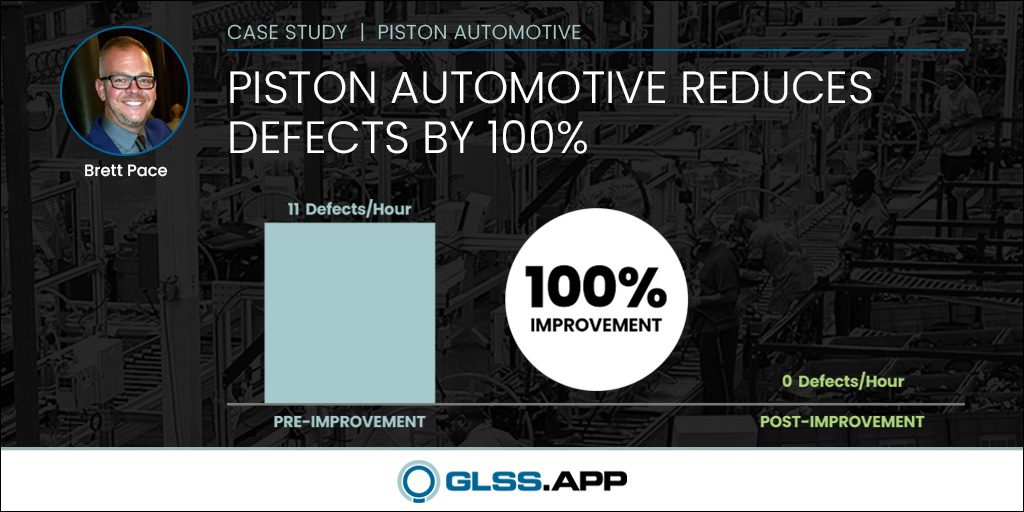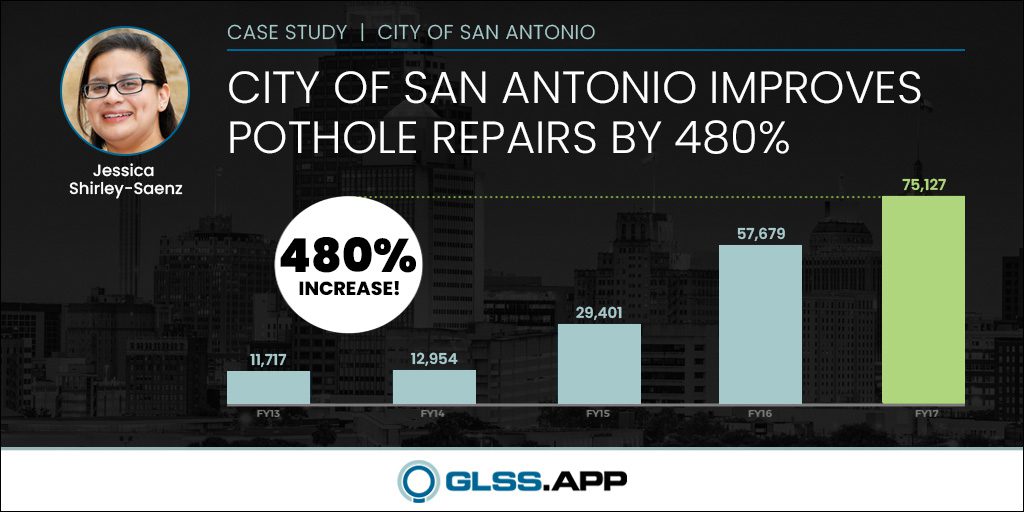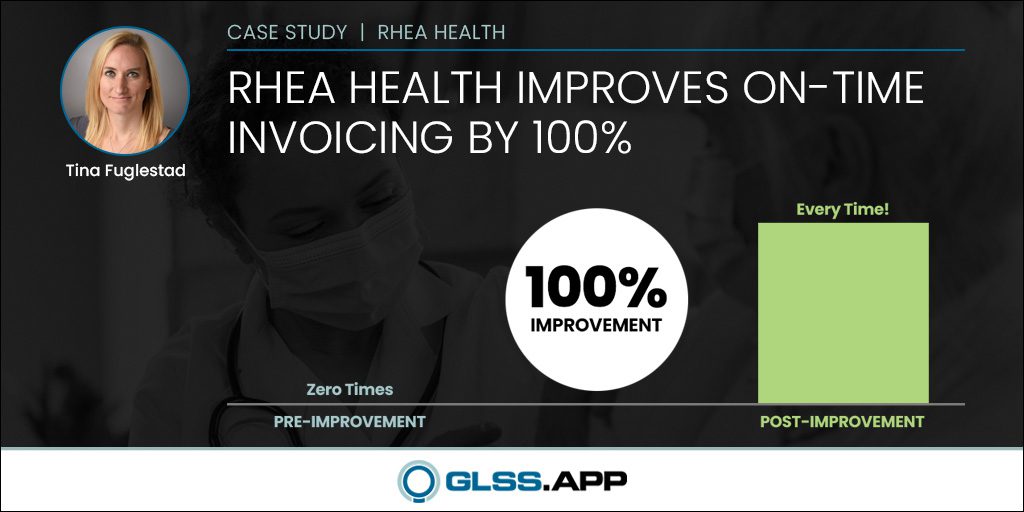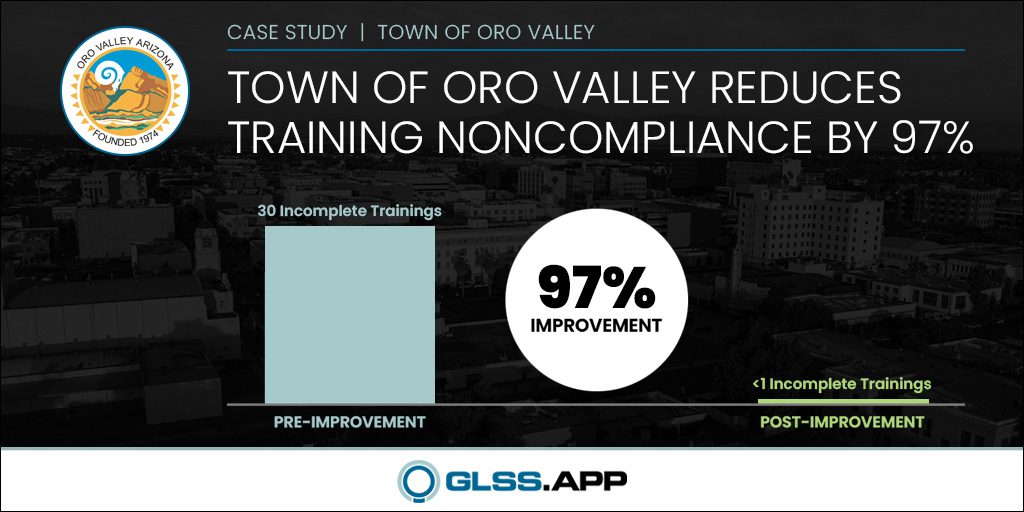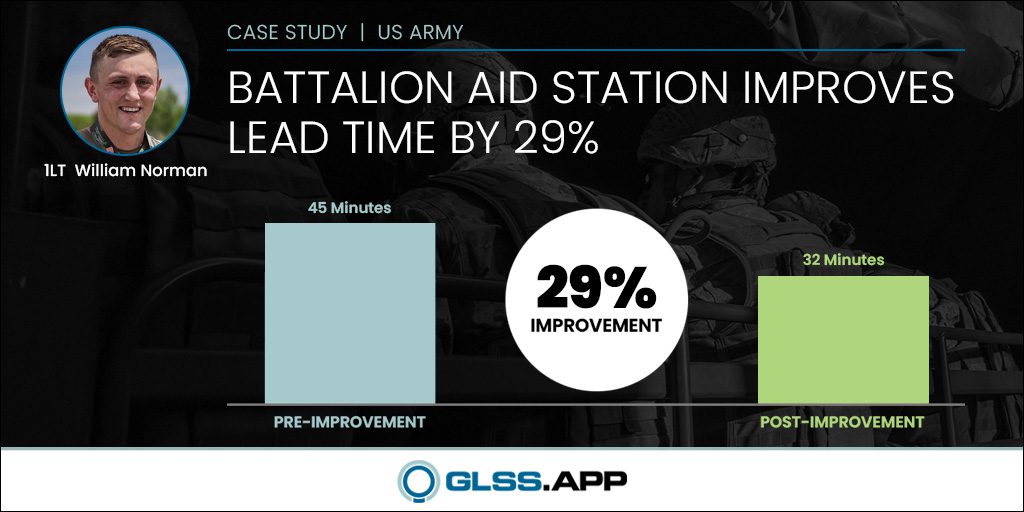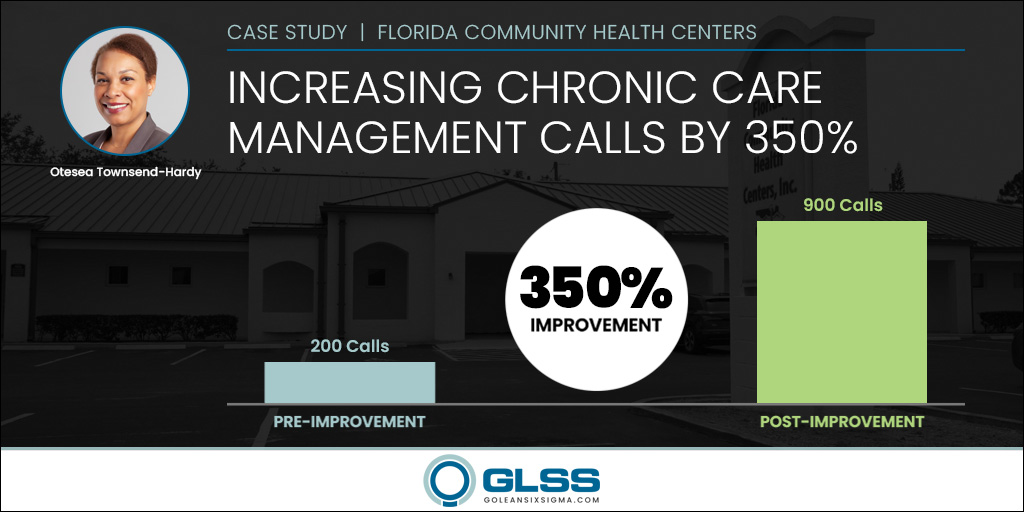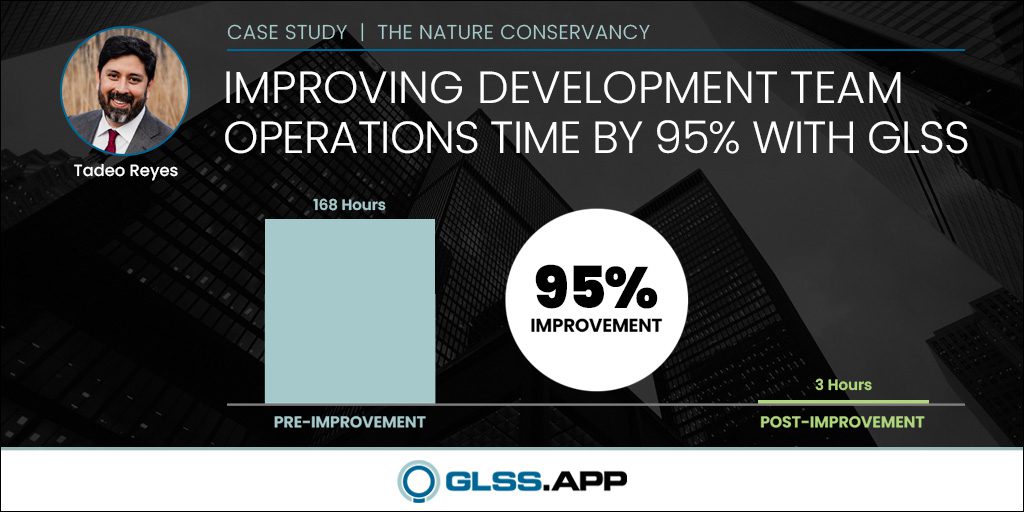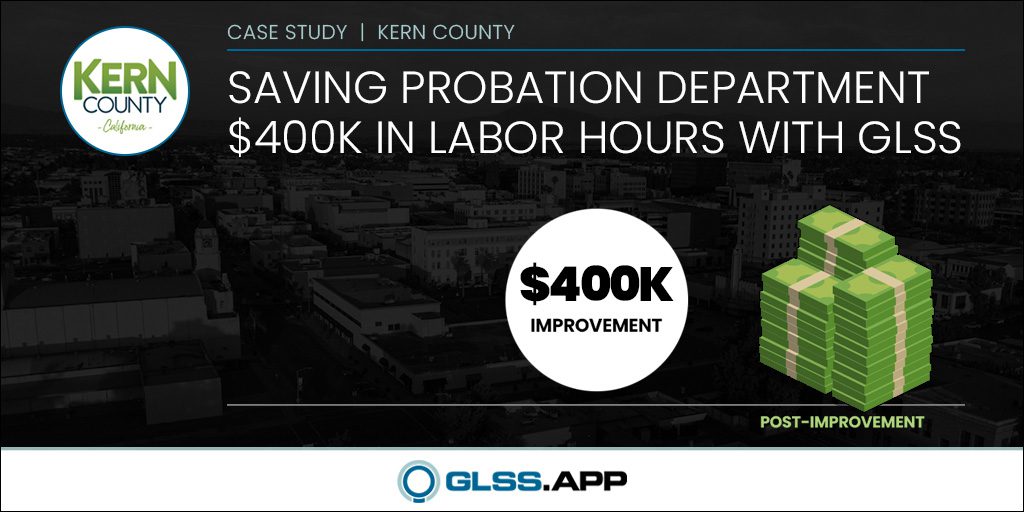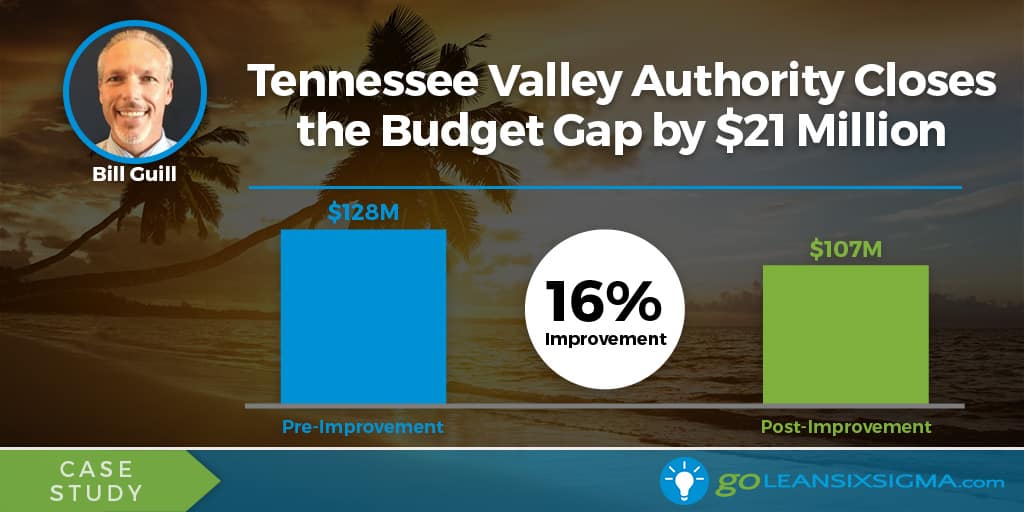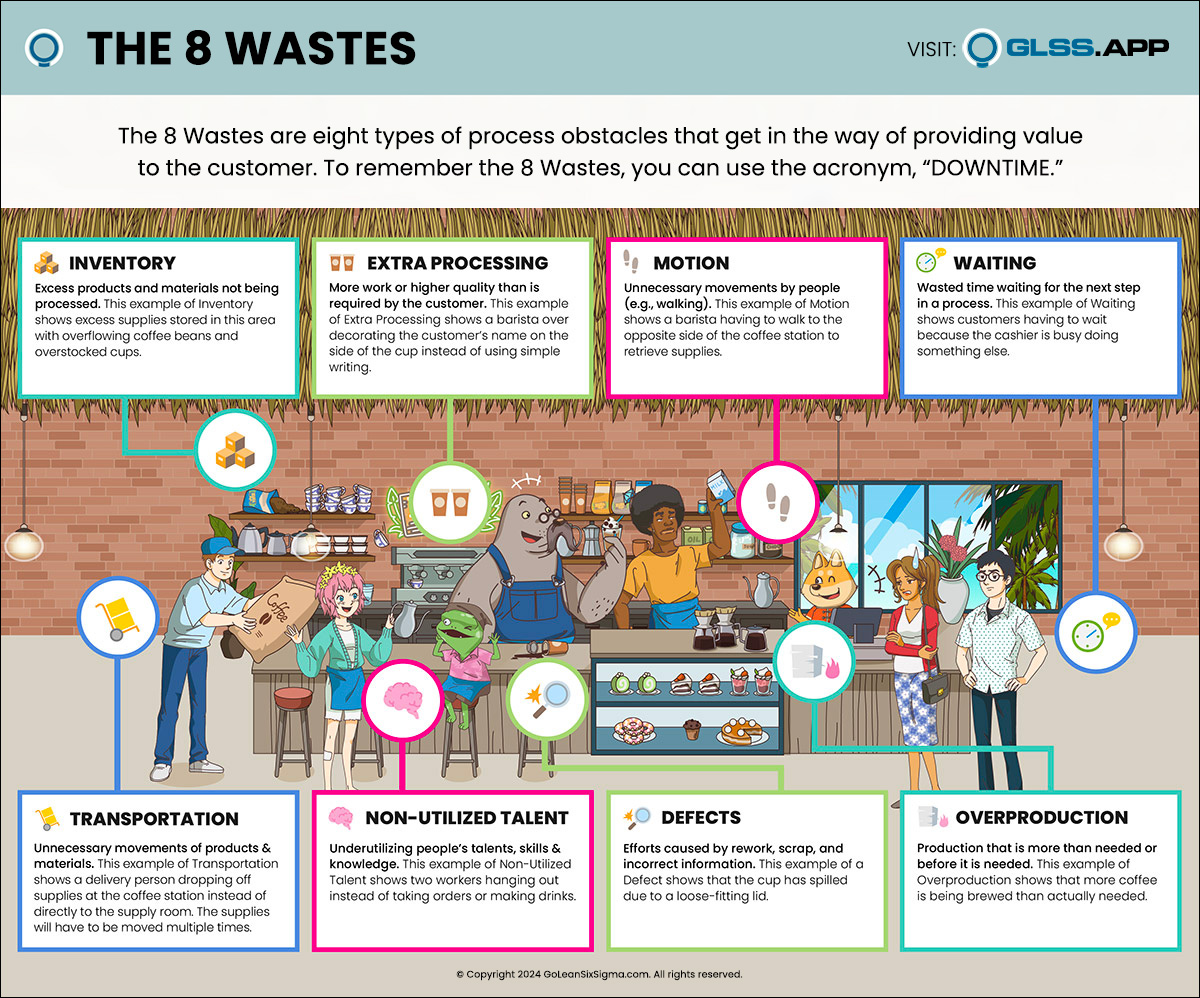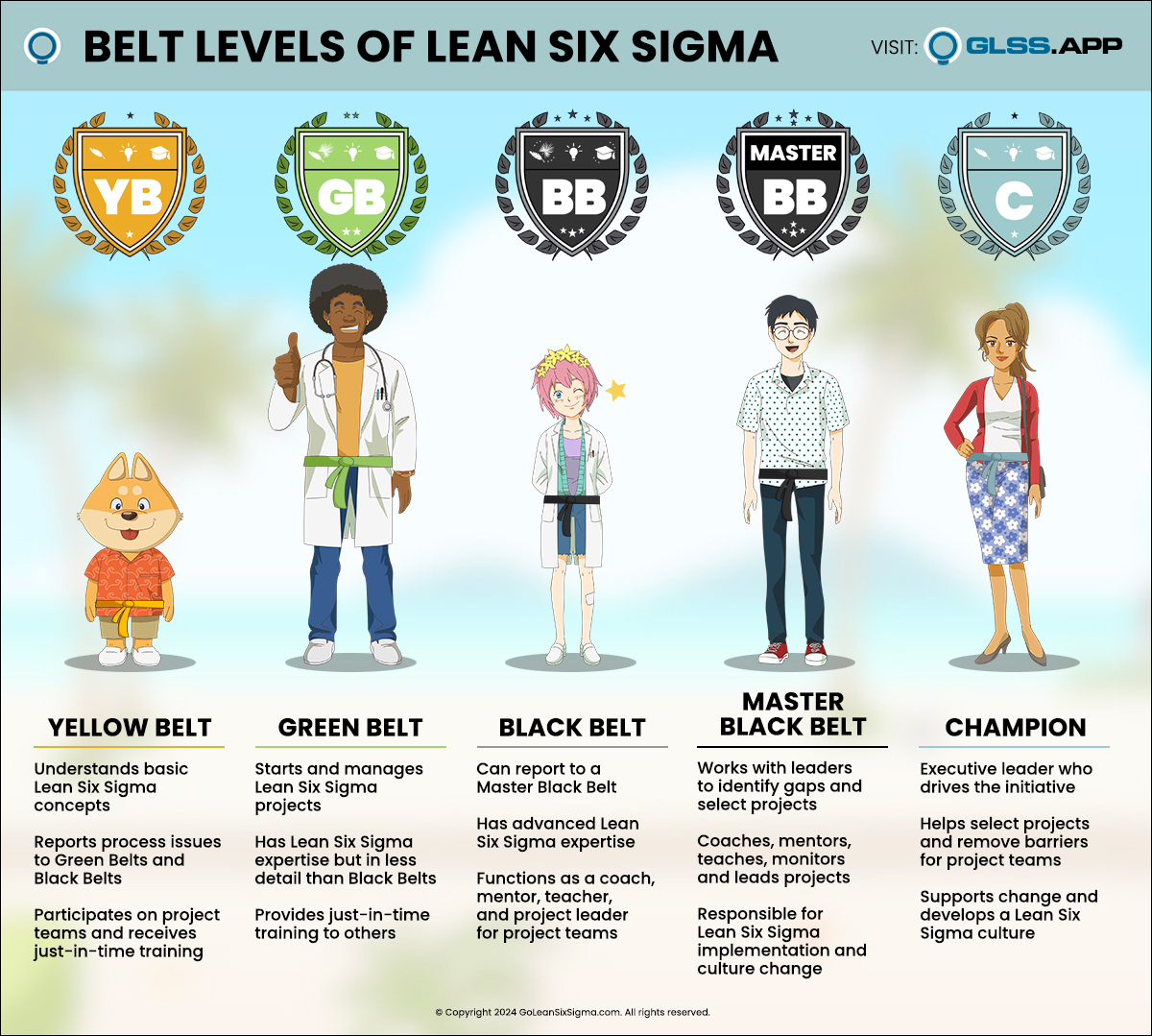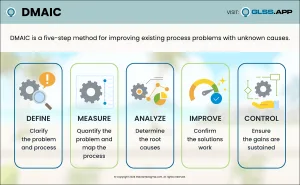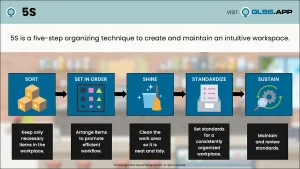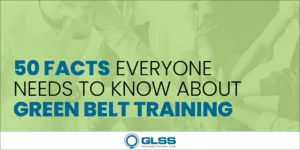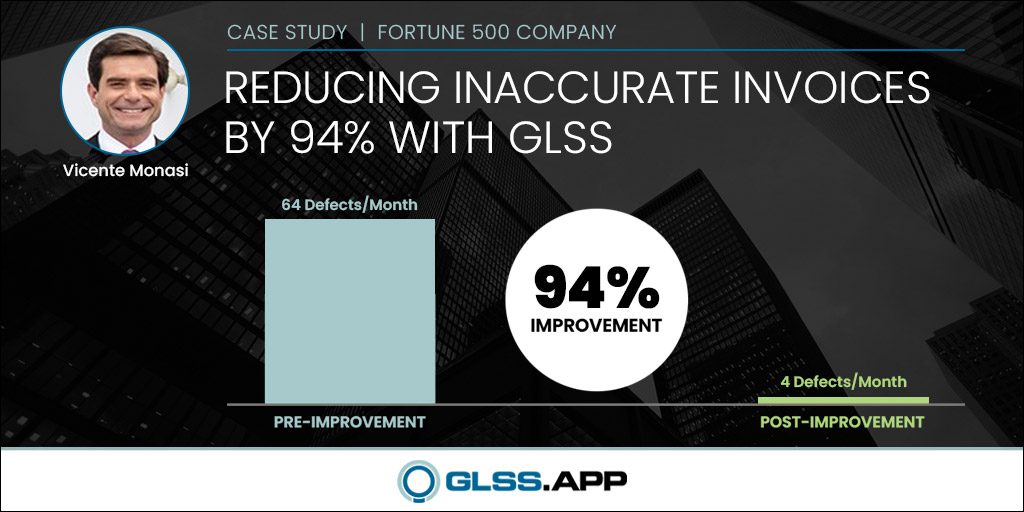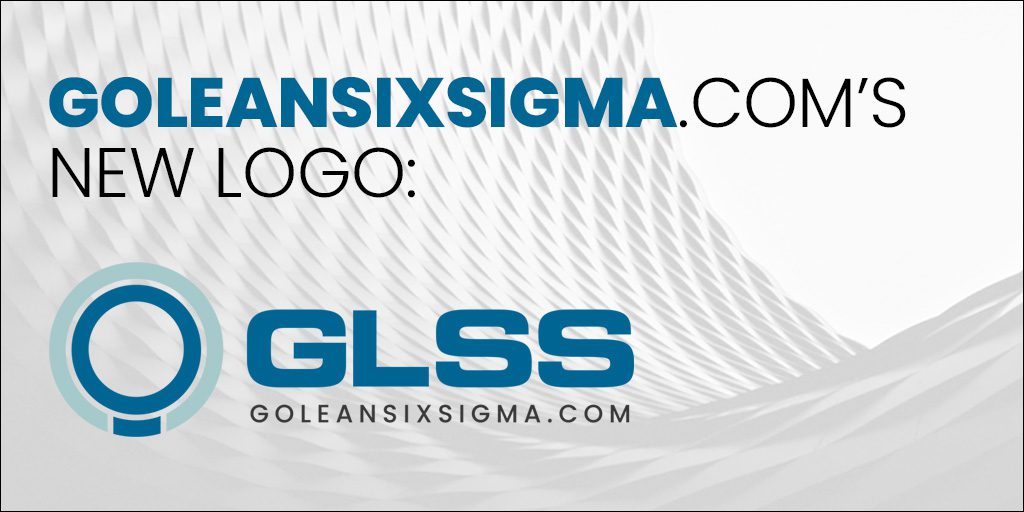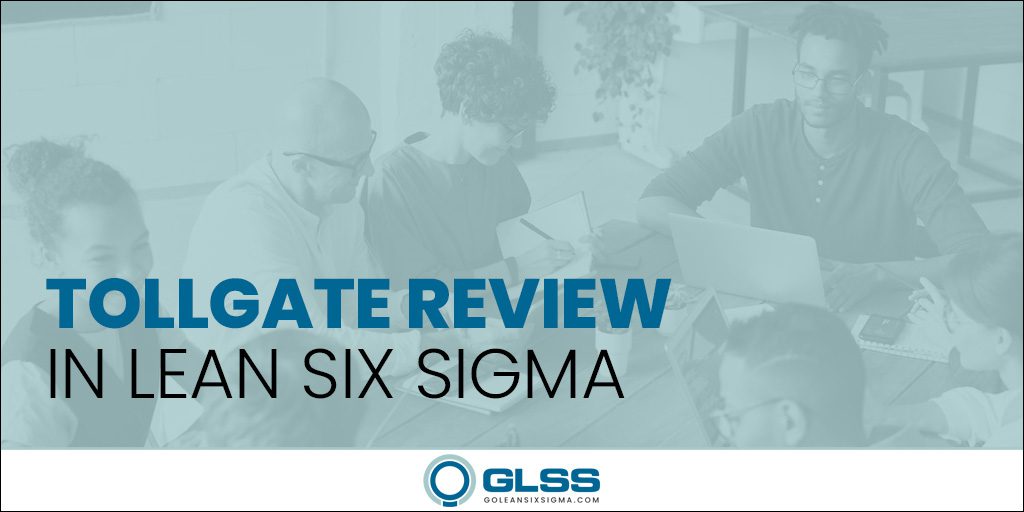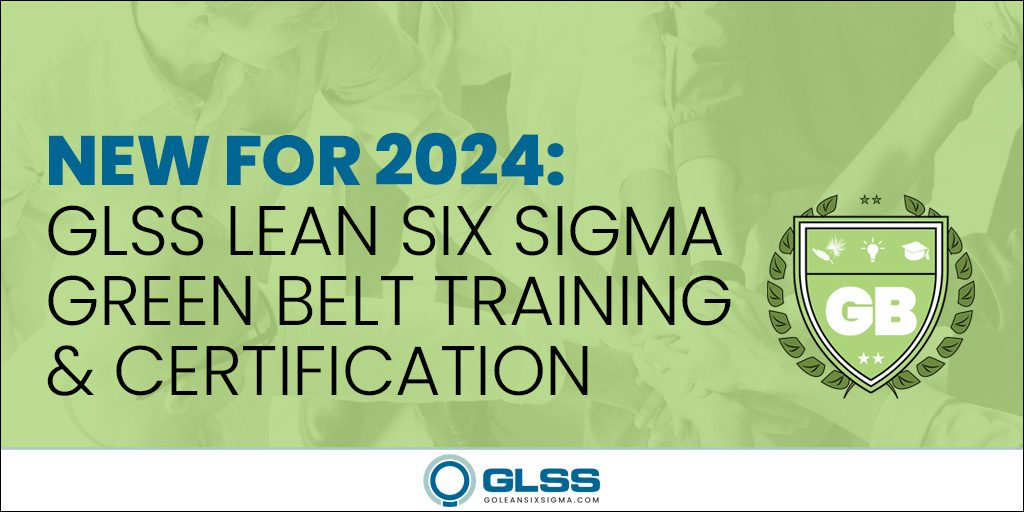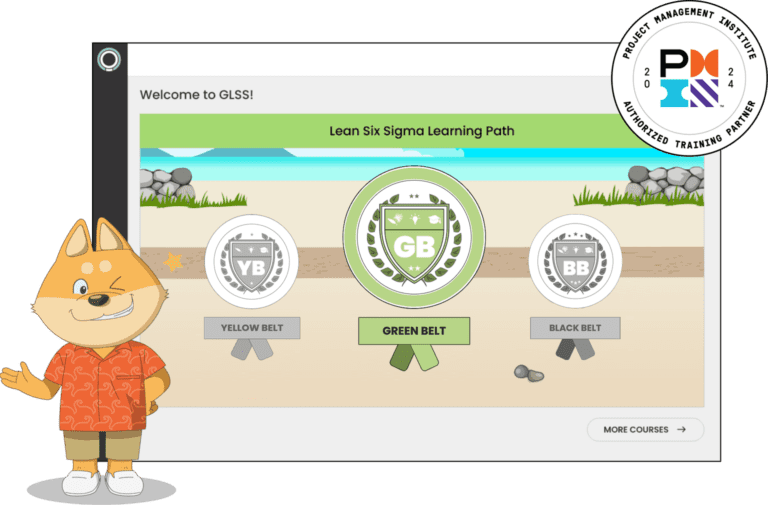
Used with permission. © ASQ, July 2015, The Journal for Quality and Participation, Vol. 38, No.2.
In this 3-part blog series titled Pied Quality, Kurt Stuke (Quality Manager at Adecco) shakes up the traditional perspective on quality and inspires us to approach improvement in an exciting new way. Read Part 1 of Pied Quality here: Appreciate the Poets & Variation.
Pied Quality Part 2 of 3: Pressed By Time For Time
One remedy is obvious but unexpected; turn away from the business at hand. It may seem irresponsible to assert that we ought to make room for experiences like marveling at the variation found among finches’ wings due to commonly held notions within quality. For example, efficiency and a structured economy of time are deemed central to the successful delivery of quality. We seek efficiency in the hopes that if we can save time, and hopefully save time on time, value will rise. When value increases, it is believed, improvement will be introduced, stability will be established, and optimization will reign.
The better we become in saving time, even when saving time on time, the more we lose our sense of self.
Yet it is often the case that the better we become in saving time, even when saving time on time, the more we lose our sense of self. We find ourselves not only pressed for time but pressed by time. Caught in the grind between the ever-present need to demonstrate and introduce value, and, the pressure to keep pace with a self-imposed ever-increasing workload, time constricts us through the delimiting of purpose. Even if Hopkins is correct about the beauty of finches’ wings, who has the time or the strength to look upwards and marvel at such trivial things? We have projects to keep and “miles to go before we sleep.”
Getting “Lost”
But, in this case, hope really is “a thing with feathers.” If we dare to turn from our “usual course” and stop “steering like pilots by certain well-known beacons,” we may have the good fortune of becoming what Henry David Thoreau referred to as being “lost.” Once lost, freed from the well-worn ruts set by common-sense and reasonable expectations, we begin to “appreciate the vastness and strangeness of nature.”
From this “New Angle-Land,” we may begin to perceive connections that were hidden previously. These new connections are the seeds of what may be. If we allow our purpose to be controlled by the ticking of the clock and the grim pursuit of efficiency, what may be is lost for the sake of what must be. Inverting the importance of what may be to the priority of what must be is, to quote Shakespeare, the “rub”. In this case, the rub acts as a wall to emergence and innovation.
If we allow our purpose to be controlled by the ticking of the clock and the grim pursuit of efficiency, what may be is lost for the sake of what must be.
How I Got “Lost”
As a personal example, I once organized a charity run across the state of New Hampshire. The run was designed as a point-to-point course that occurred over several weekends. I fought the temptation to stress time over the experience. I stopped to appreciate a view if a scene caught my eye. One such moment occurred near Winchester center. Immediately prior to taking a sharp course change, I turned my head to check for traffic. In so doing, I caught glimpse of several ancient Maples leaning over a quiet and seemingly forgotten stream. There was something about that moment, the mix of reflections and still water, that gave me pause. I stopped and, in silence, let the otherness of what I was experiencing simply be.
I was not really sure what occurred then. Why did (and does) that moment, like Monadnock, loom as a peak among a flattened terrain of disjointed experiences? Perhaps, for a brief moment, I let go of the urge to control and command. I stopped glancing at my watch and ignored my mile “splits.” At that moment, turned from “certain well-known beacons,” I glimpsed the possibility freely found, freely given, and flowing in that moment. As a result, I changed my course…
I glimpsed the possibility freely found, freely given, and flowing in that moment. As a result, I changed my course…
Do you think it’s possible to leverage the power and possibility that dwells within variation while mitigating the risk and uncertainty born of variation?
Read Part 3 of 3 of Pied Quality here: Deconstructing The Machine.

